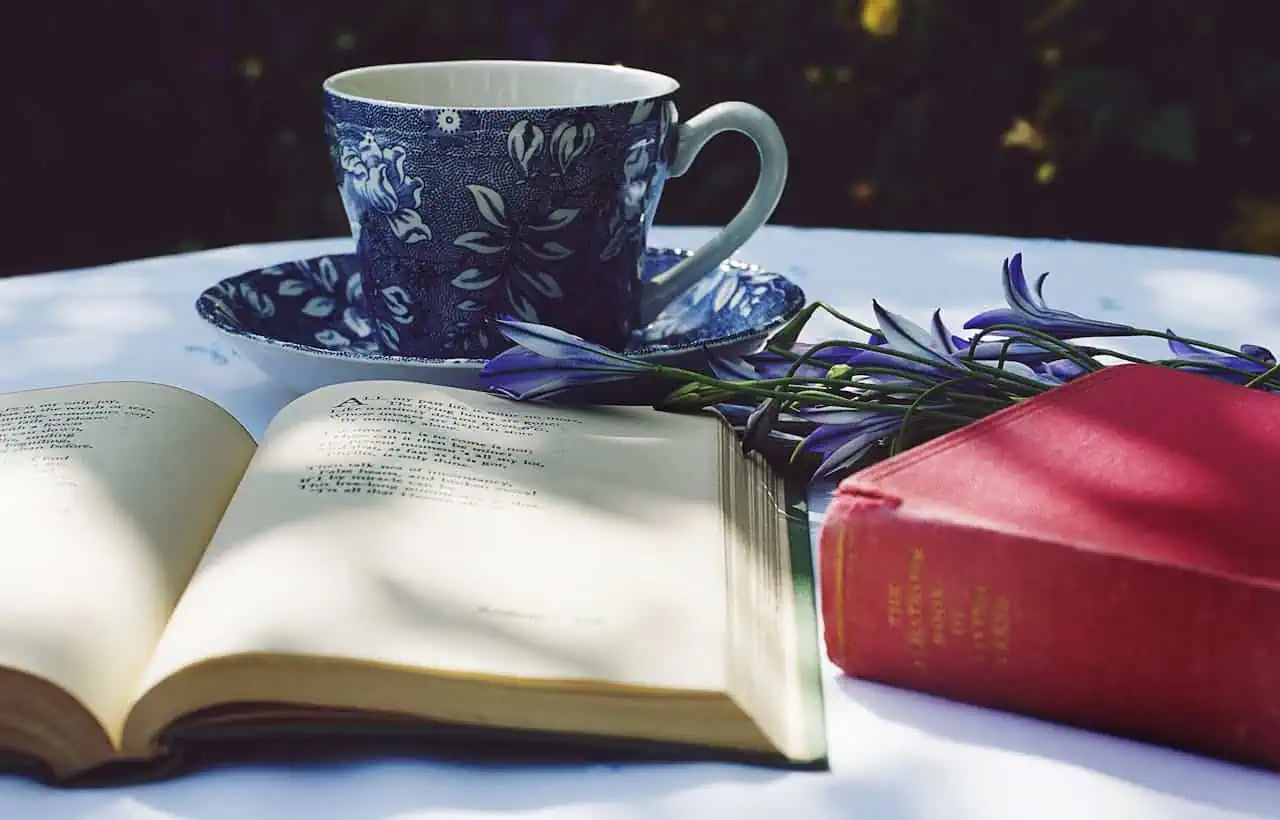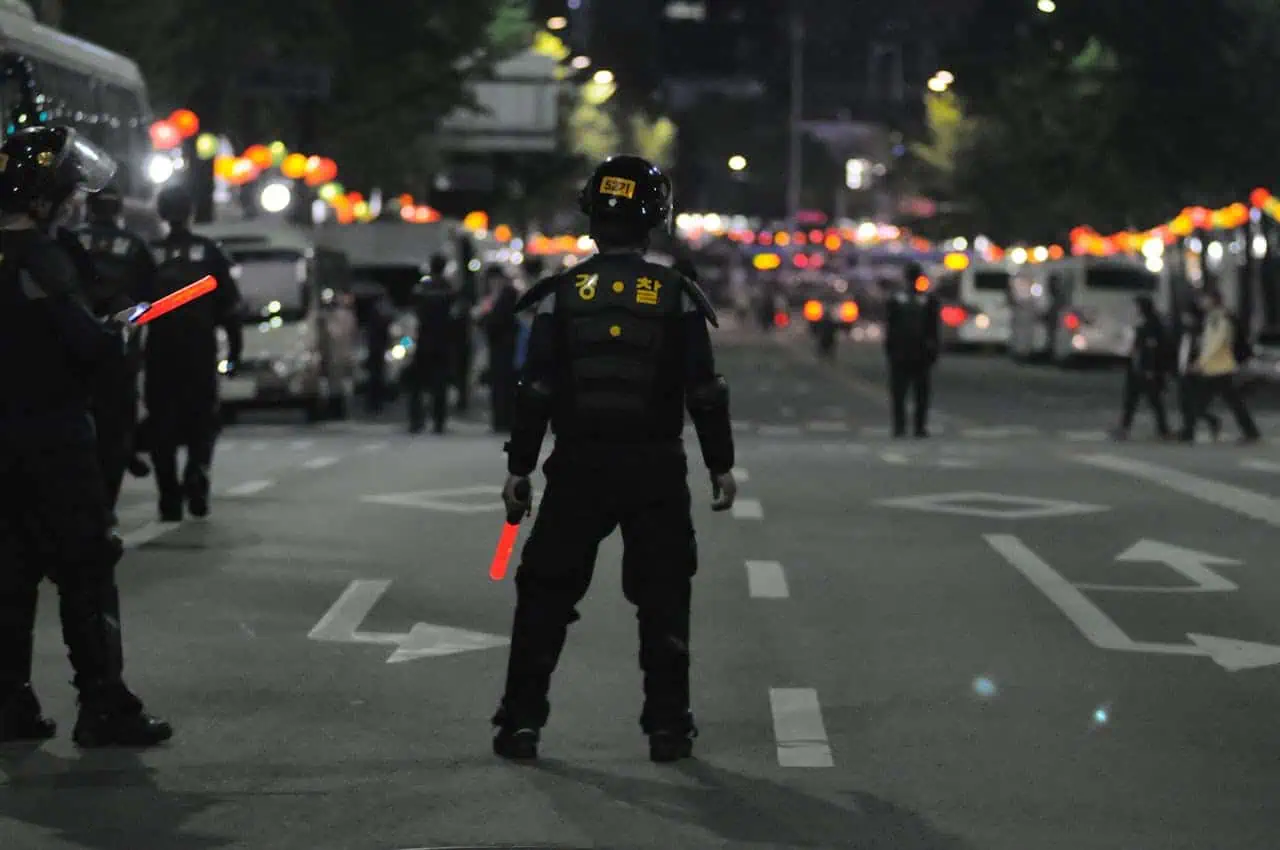Poetry has the power to move us in ways that no other literary form can. It connects us to deep emotions, sharp memories, and raw truths about ourselves and the world we live in. While 2020 was a year defined by upheaval, uncertainty, and change, it was also a year of profound poetic expression. In times of crisis, poetry offers a unique way to process and reflect on the collective human experience, and many poets in 2020 harnessed this moment to create works that resonated with the complexities of our world.
This guide explores the best poetry books of 2020, providing insights into the top collections, the cultural significance of the works, and how these books captured the essence of the year. Through a deep dive into each selection, we will explore the themes, styles, and impact of these works, making this article a comprehensive resource for poetry lovers in the U.S. and beyond.
I. Introduction: The Power of Poetry in 2020
Poetry, often seen as an artistic medium that taps into deep human emotions, is especially powerful when the world around us feels uncertain. The COVID-19 pandemic, the Black Lives Matter movement, and political instability created an atmosphere where people sought new ways to express themselves, reflect on shared trauma, and understand their place in the world. This heightened need for connection, healing, and justice can be seen in the poetry that emerged in 2020.
2020 was a year where poetry came to the forefront of national conversations, not just as a form of personal expression but as a powerful political and social tool. Poets responded to the major events of the year with works that were bold, vulnerable, and transformative. The poems of 2020 spoke to personal experiences, collective struggles, and the healing power of words.
In this article, we will explore the best poetry books of 2020—those works that stood out not only for their literary merit but also for their ability to engage with the world in meaningful and often challenging ways.
II. Criteria for Selecting the Best Poetry Books of 2020
When curating a list of the best poetry books of the year, it’s essential to consider several factors that contribute to their impact. Below, we break down the key criteria for selecting these exceptional works.
A. Literary Merit
The foundation of any great poetry collection lies in its literary merit. This includes the poet’s ability to use language in innovative ways, the technical skill demonstrated through meter, rhythm, and form, and the overall emotional resonance of the poems. A great poetry book combines artistry with depth—its language should be evocative, its themes meaningful, and its structure intentional.
B. Relevance and Themes
2020 was a year that demanded poetry that spoke to pressing social, political, and personal concerns. The best poetry collections of 2020 tackled themes such as racial justice, mental health, identity, love, and loss, often exploring these ideas through a lens that felt uniquely contemporary and urgent. The best books connected with readers on both a personal and collective level, addressing universal themes with specificity and grace.
C. Reception and Critical Acclaim
Critical reception also plays a crucial role in identifying standout poetry books. Works that garnered praise from literary critics, featured in year-end lists from major publications, and received awards are generally indicators of a poetry book’s quality and influence. These accolades help elevate certain works above the rest and signal their cultural importance.
D. Cultural and Social Impact
Poetry is not just a personal experience—it is also a social one. The cultural and social impact of a poetry book can be seen in its ability to spark conversations, challenge the status quo, and encourage reflection. The best poetry of 2020 often addressed issues like social justice, race, and the human condition, becoming part of larger cultural dialogues and offering insight into our collective struggles and hopes.
III. Top Poetry Books of 2020
A. “The Tradition” by Jericho Brown
Overview: Jericho Brown’s The Tradition is one of the most celebrated poetry collections of 2020, winning the Pulitzer Prize for Poetry. This collection draws on Brown’s personal experiences, exploring themes of race, masculinity, love, and trauma. Brown’s powerful voice weaves together a tapestry of personal and social narratives, using poetry to address profound themes of survival and healing.
Reception: The collection was widely praised for its emotional depth and technical innovation, with The New York Times and The Washington Post naming it one of the best poetry books of the year. Brown’s work was also lauded for its lyrical beauty and the strength with which it addresses personal pain and societal injustice.
Key Themes: The Tradition grapples with issues of race, trauma, and identity, while also exploring the intersections of queerness and Blackness. Brown’s work is notable for its focus on the complex nature of masculinity and the vulnerability that comes with self-exploration and self-acceptance.
Why It Stands Out: Brown’s ability to use form in inventive ways, such as his exploration of the “douglass” (a new verse form he created), makes this collection a standout. The Tradition is more than just a collection of poems—it’s a meditation on what it means to survive and thrive within a society that often marginalizes certain identities.
B. “Postcolonial Love Poem” by Natalie Diaz
Overview: In Postcolonial Love Poem, Natalie Diaz brings forward a lush collection that speaks to love, loss, and Indigenous identity. As a member of the Mojave tribe, Diaz uses her poetry to bridge personal narratives with broader social and political contexts. The collection is characterized by its sensuality, lyricism, and its keen exploration of the body and its history.
Reception: This collection was met with widespread critical acclaim, with The New York Times listing it among the best poetry books of the year. It was also a finalist for the National Book Award. Diaz’s exploration of the complex experiences of Indigenous peoples in America resonated deeply with readers and critics alike.
Key Themes: Diaz’s poetry tackles themes of love and intimacy while simultaneously confronting the violence of colonization and the erasure of Indigenous culture. Her work is full of longing—not just for personal connection, but for cultural and historical reclamation.
Why It Stands Out: What sets Postcolonial Love Poem apart is its fusion of beauty and resistance. Diaz’s use of language is simultaneously tender and fierce, creating a poetic space where the personal and political collide.
C. “A Place Called No Homeland” by Yanyi
Overview: Yanyi’s debut poetry collection A Place Called No Homeland is a reflection on identity, displacement, and the experience of being an immigrant in America. The poems are marked by their lyrical precision and their exploration of the emotional weight of belonging and exclusion.
Reception: Critics have praised Yanyi’s work for its depth and its ability to evoke powerful emotions with sparse language. The collection was nominated for several literary awards, solidifying Yanyi as a poet to watch.
Key Themes: Themes of exile, alienation, and the search for home are at the heart of this collection. Yanyi explores the tension between personal identity and collective cultural histories, offering insight into the immigrant experience in contemporary America.
Why It Stands Out: The emotional intensity of Yanyi’s poetry, combined with his innovative use of form, makes this book a must-read. A Place Called No Homeland invites readers to think critically about issues of migration, belonging, and the formation of identity in a globalized world.
D. “Black Girl, Call Home” by Jasmine Mans
Overview: Jasmine Mans’ Black Girl, Call Home is a visceral and evocative exploration of Black womanhood. Through her poetry, Mans gives voice to the joys, struggles, and resilience of Black women, drawing on her own experiences as well as those of her community.
Reception: The book received widespread acclaim for its unflinching exploration of race, gender, and identity. Black Girl, Call Home was featured in The New York Times and The Guardian, further solidifying Mans as one of the most exciting voices in contemporary poetry.
Key Themes: Mans’ collection deals with themes of love, self-discovery, pain, and survival. Her poems are direct and unafraid to tackle issues like police brutality, cultural appropriation, and the complexities of Black womanhood.
Why It Stands Out: Mans’ poetry speaks to the heart of modern Black experiences in America, delivering powerful truths in a voice that is raw, unpolished, and deeply resonant. Black Girl, Call Home is both a celebration and a critique of the world Black women navigate daily.
E. “The Sun and Her Flowers” by Rupi Kaur
Overview: Rupi Kaur’s The Sun and Her Flowers is a follow-up to her breakout collection Milk and Honey. Known for her accessible and emotional verse, Kaur’s second book continues to explore themes of love, loss, healing, and self-discovery.
Reception: Kaur’s popularity continued to soar with this release, and The Sun and Her Flowers became a bestseller, earning praise for its straightforward and relatable poetry. Her book connected particularly with younger audiences, many of whom found solace and empowerment in her words.
Key Themes: Kaur’s work centers on themes of growth, resilience, and self-love. The poems in The Sun and Her Flowers explore personal healing, reclaiming one’s power, and navigating emotional pain.
Why It Stands Out: Kaur’s accessibility and ability to write in a way that resonates with so many people, particularly young readers, makes her work incredibly impactful. Her poems are minimalist in style but profound in their emotional expression.
IV. Real-World Applications of Poetry in 2020
Poetry in 2020 didn’t just serve as an aesthetic experience—it became a tool for activism, healing, and reflection. Poets in this year created works that challenged social norms, addressed political injustices, and offered solace during one of the most tumultuous periods in modern history.
A. Poetry as Activism
Poetry became a powerful form of protest, particularly in response to racial injustice. Poets used their work to amplify marginalized voices and bring attention to systemic issues. For example, Jericho Brown’s The Tradition and Natalie Diaz’s Postcolonial Love Poem both tackle issues of race and the history of colonization, providing necessary commentary on the Black and Indigenous experiences in America.
B. Poetry as Healing
In a time of widespread grief and uncertainty, poetry also served as a tool for healing. Poets like Rupi Kaur and Jasmine Mans gave readers language for their pain, empowering them to move through their struggles. Poetry became an outlet for personal catharsis, a way to express emotions that were too complex for ordinary conversation.
C. Poetry and the Digital Age
2020 also saw a rise in digital poetry—poets used social media platforms to reach new audiences and engage in real-time conversations about social issues. Platforms like Instagram allowed poets like Rupi Kaur and Lang Leav to share their work and connect with readers worldwide. The ease of access to poetry through digital platforms helped bring poetry into the mainstream in new ways.
V. Conclusion: Why Poetry Still Matters in 2020
The poetry books of 2020 represent not only the strength of the art form but also the resilience of those who turned to poetry in times of crisis. These collections encapsulate the universal emotions of pain, healing, resistance, and hope. As we move forward, these works will remain important cultural artifacts that reflect the defining moments of our time.
Whether you are an avid poetry reader or a newcomer to the genre, the best poetry books of 2020 offer something for everyone: a deep connection to the past, an urgent cry for justice, and a quiet space for personal reflection. Poetry has once again proven its ability to speak to the soul, provide comfort, and challenge the world we live in.
Also read: Breaking Down 4168.85/5: From Finance to Education, See How It Matters



